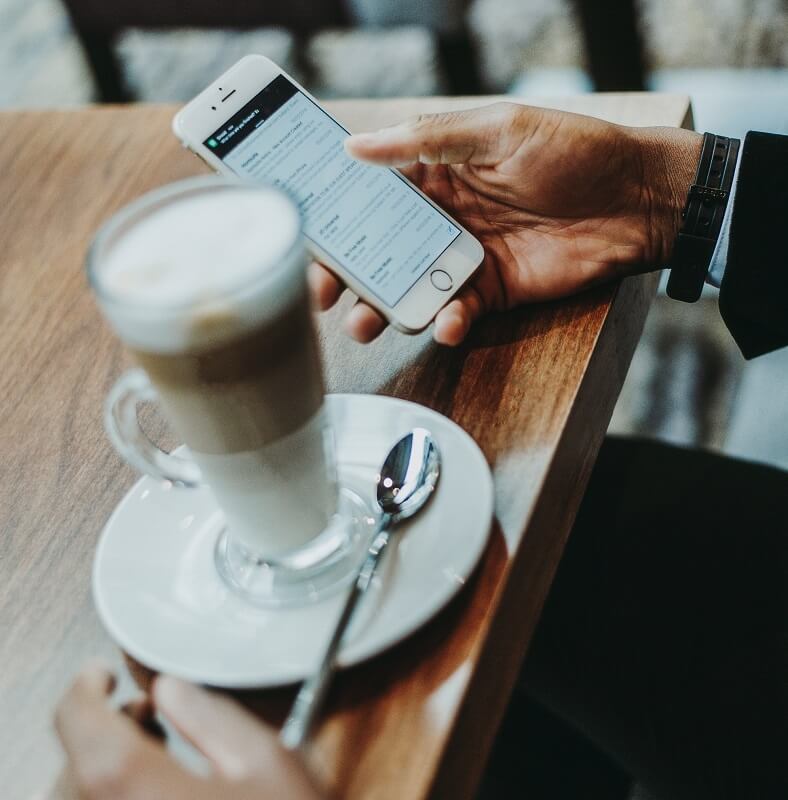Every time I watch someone pay for their coffee with their watch, I stop for a moment to think “Wow, this is really the future!” Even though I use my phone to make payments all the time, like sending money from Paypal or using Uber, mobile wallets are still new to me. From Venmo to Zelle, Apple Pay to Google Wallet, mobile wallets and payment apps are on the rise. While convenient, is this new financial technology harming our money management skills?
A new study suggests that Millennials who use mobile payment transactions are more likely to be at risk for money mismanagement. They are “more likely to hold nearly all forms of debt, including auto loans (34 versus 29%), be charged credit card fees (58 versus 45%), overdraw their checking accounts (33 versus 19%) and turn to pawnshops or payday loans (50 versus 23%).” Fret not, for it is possible to embrace the convenience of mobile wallets without breaking the bank.
Conscientious of Your Cards
If you tend to carry around multiple credit, debit, or even gift cards in your physical wallet, it may be tempting to just add all of them into your mobile wallet. This can be great for getting reward offers for different purchases, but can also be confusing if you’re storing too many. While you may be able to keep track of two or three balances in your accounts, the more cards you add the easier it will be to forget. You also add the risk of using the wrong card for the wrong app. Maybe you link your business card to Uber, but that doesn’t mean you should link it to your personal Venmo as well. Only add necessary cards into your mobile wallet, and be sure to check an app’s settings for adding and removing payment options as needed.
Avoid Carrying a Balance
Cash can be a controversial form of payment. Some people find cash harder to spend than using a card since they have to physically hand it over and watch it leave their wallet. Others see cash as disposable, that it’s too easy to spend since it’s right there in front of you. The same could be said for keeping a balance in a mobile payment app. If you have $20 sitting in Paypal, maybe that Amazon impulse item is easier to buy since the money won’t leave your account. To avoid keeping balances, make sure to transfer your money into a bank account as soon as you receive it. This can also help you keep track of your spending if it’s confined to one place.
Don’t Forget Your Budget
Perhaps most importantly, stick to your budget. No matter how you pay for your transactions, keeping a budget will help you manage your money and actually save what you have extra. Taking a $10 Uber may sound a lot more appealing than taking the bus, but not if you only budget $20 for ride-sharing for the whole month. Consider linking your mobile wallet to a budgeting app, so you can easily learn your spending habits and keep them in line. Mobile payment transactions aren’t going anywhere, but that doesn’t mean we have to leave healthy financial habits in the dust behind them.
Photo by Anete Lūsiņa on Unsplash

